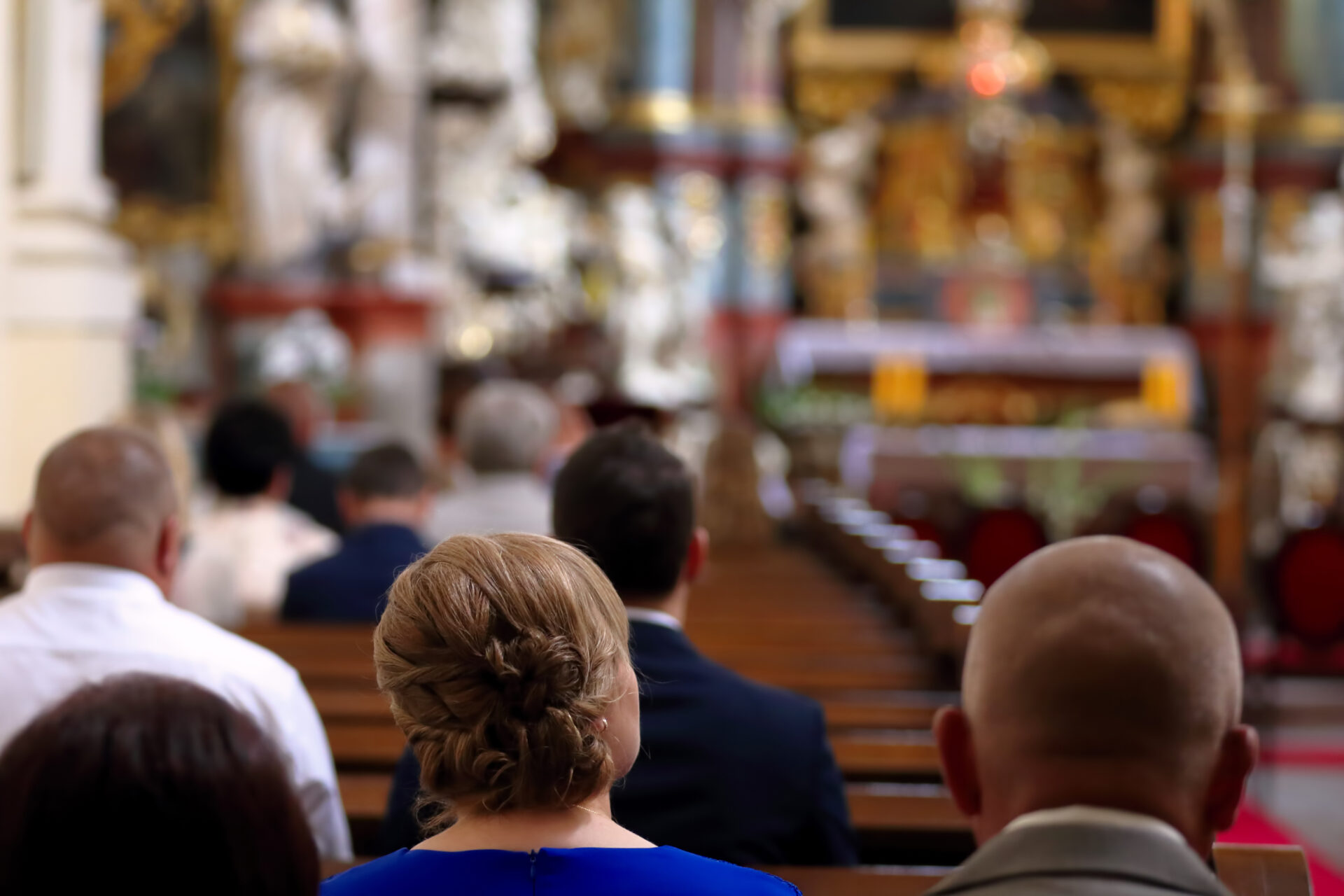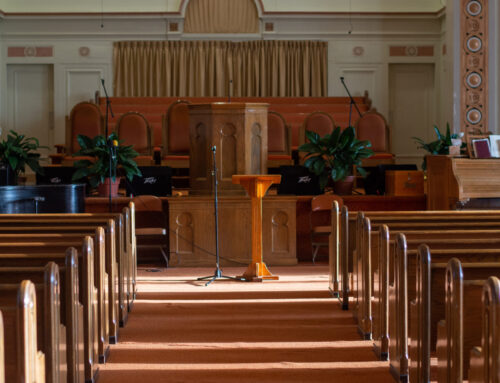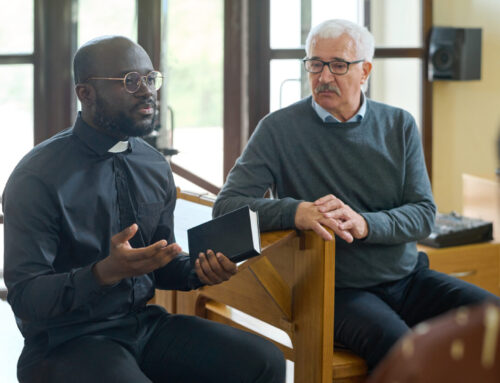It’s 2023! Are you ready for the new year and the new post-pandemic normal?
More places of worship are now fully reopened and released from local ordinances and state executive orders. Many parishioners are eager to put the Covid-19 pandemic behind them and are returning in large numbers to in-person services. The mass reopening of religious institutions has sparked some legal questions about religious leaders’ responsibility to the people they serve and what might happen if those leaders are arguably derelict in meeting those responsibilities.
The laws are continuing to develop around separation of church and state as well as church liability during a national and international public health crisis. While there remain many unknowns, there is an inescapable reality that many things will never be the same again, making it vital for leaders to consider the following:
1) PROTOCOLS—Does your religious institution have documented safety, hygiene, and health protocols? Many cities and states, including Nashville, Tennessee, have now adopted “mask optional” guidelines. Your organization should consult with legal counsel to ensure compliance with the laws as well as consult with health care professionals to ensure implementation of the most reasonable practices for your particular place of worship. Any protocols should be clearly communicated. Additionally, leaders might also think beyond Covid-19 and consider developing policies and protocols around infectious diseases generally, particularly if you operate a kitchen or school.
2) PROTECTION—Does your insurance include coverage for Covid-19 related claims? Remember, anyone can be sued for anything. Although a claim might ultimately fail in a court of law, it can be costly and time-consuming to defend. Leaders should review their policies and consult with their insurance provider about any additional coverage options.
3) ACCOMMODATIONS—Do you have accommodations for more at-risk or vulnerable congregants? For purposes of worship service, a religious organization is under no legal obligation to provide accommodations under the Americans with Disabilities Act (ADA). But as you consider the known demographics within your congregation, you should analyze whether any of your practices potentially expose them to greater health risks. An effective solution might be simply to continue offering online worship options and/or posting some type of disclaimer for those who choose to worship in person.
The information contained in this blog does not constitute legal advice, nor does this blog create an attorney-client relationship. KSM attorneys do not blog about pending matters handled on behalf of our clients and will never disclose client confidences.






